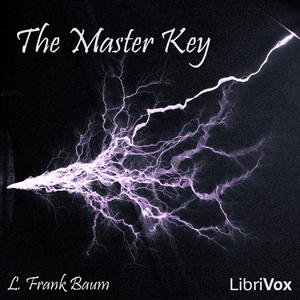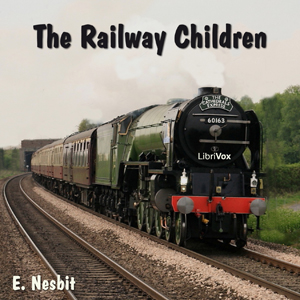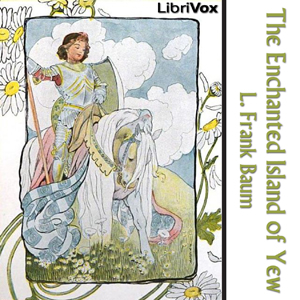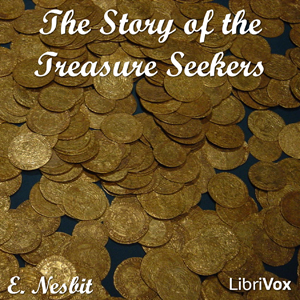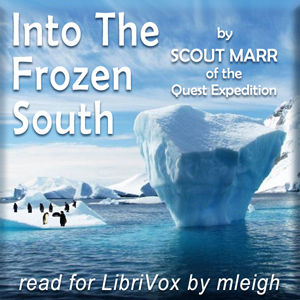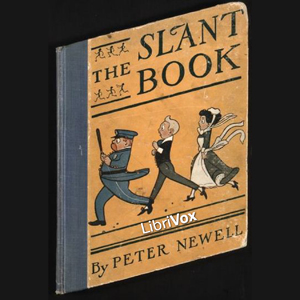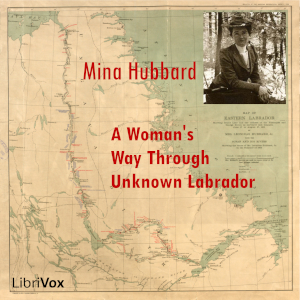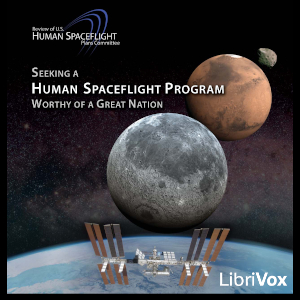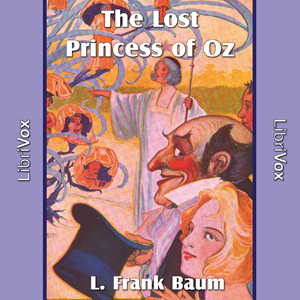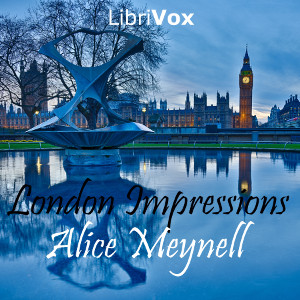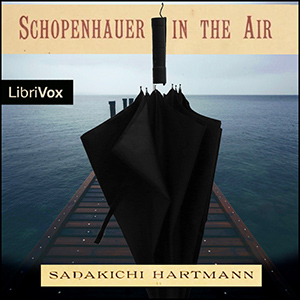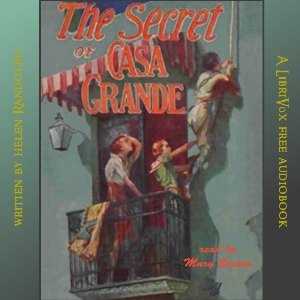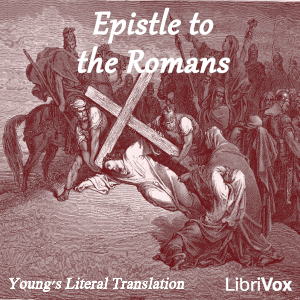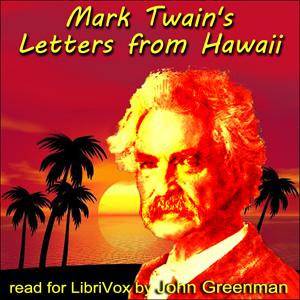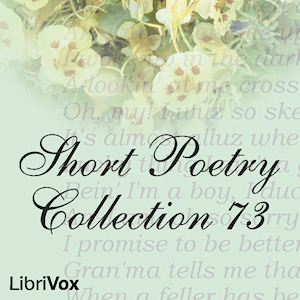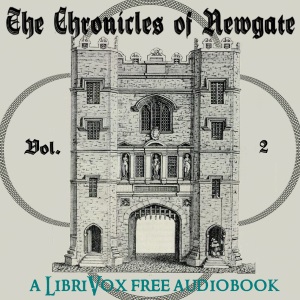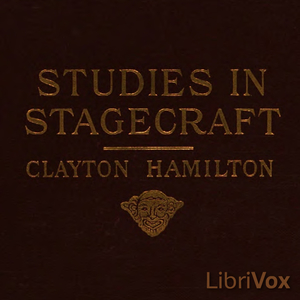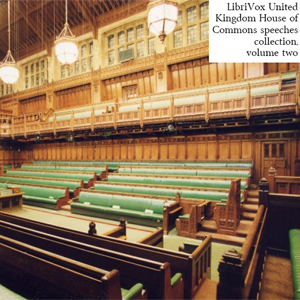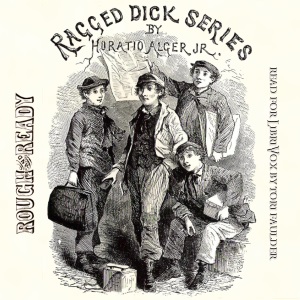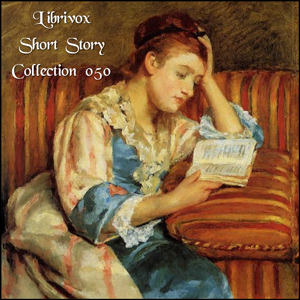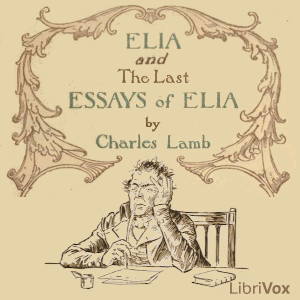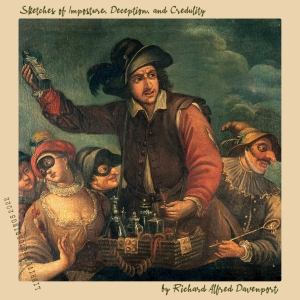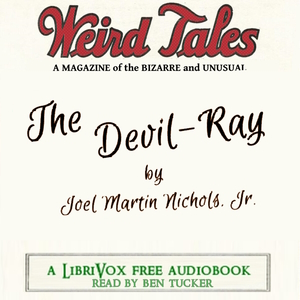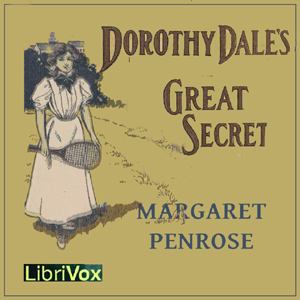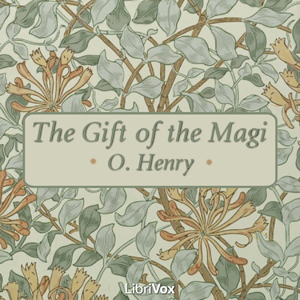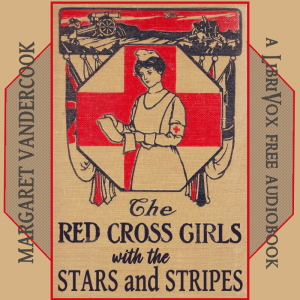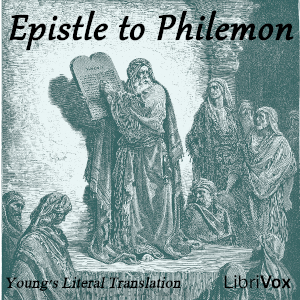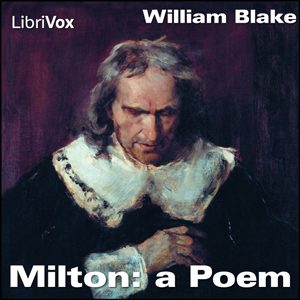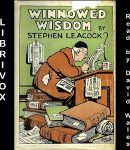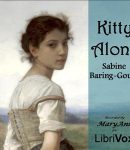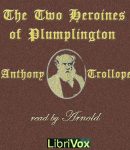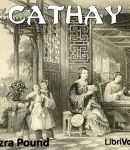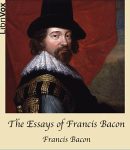The English Romantic Period in literature featured a towering group of excellent poets: Wordsworth, Coleridge, Byron, Shelley and Keats. If we add in forerunners Burns and Blake, we have perhaps an unmatchable collection of writers for any era. Of these, Percy Bysshe Shelley was one of the brightest and best, coupling a giant intellect with a highly emotional and impetuous nature. He was always a champion of liberty, but was largely ignored when he tried to promote political and social reform. He was wise enough, however, to realize that his efforts were ineffective, and he chose instead, not to attempt to reshape society, but to transform the individual, to inspire his readers to a greater love of beauty, of nature, and especially of each other. To this end, he poured forth a profusion of gorgeous verse overflowing with brilliant imagery, all aimed at uplifting the good and the beautiful, the free and the loving, while denouncing the social forces that tended to suppress them. Unfortunately, it was Shelley’s fate to be misunderstood by the people of his own time. He was vilified as an evil influence, a free thinker and free lover whose ideas should be abhorred. He pictured himself in his poetic tribute to Keats, “Adonais,” as an outcast or a martyr, a “phantom among men, companionless,” bearing a brand upon his brow like that of Cain or of Christ. His life was unorthodox, but his nature was highly sympathetic and filled with devotion to those who were ground […]

